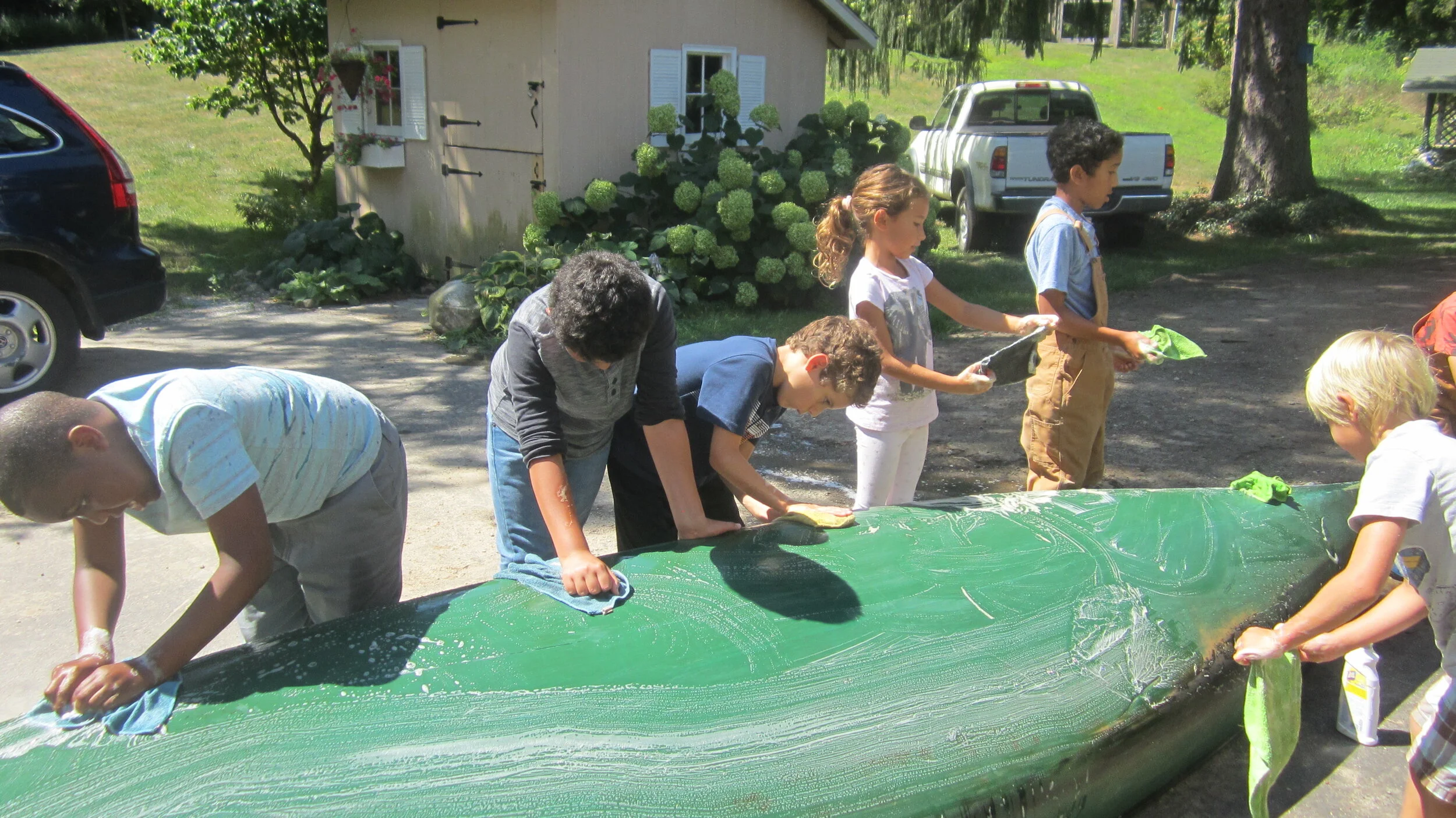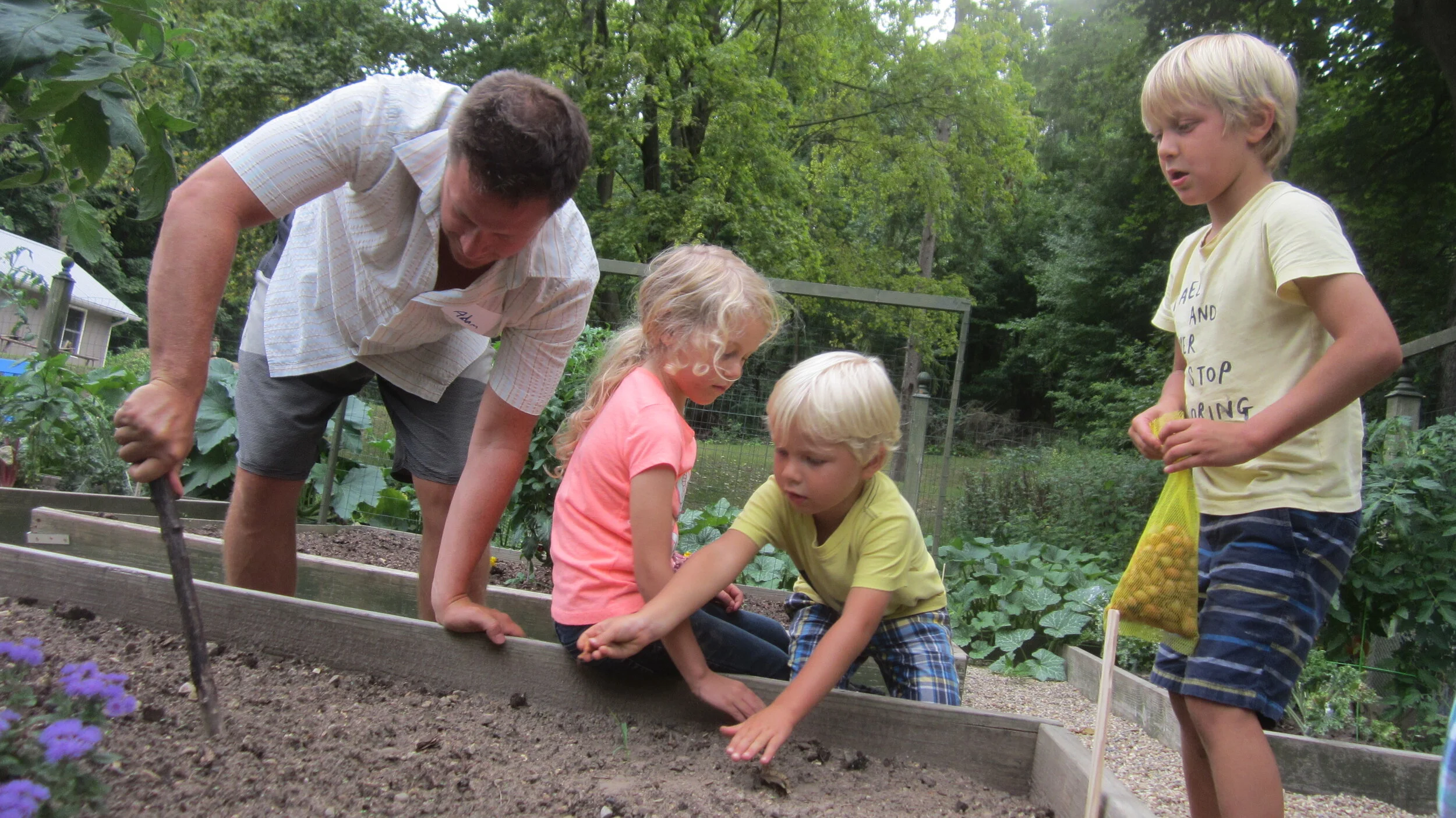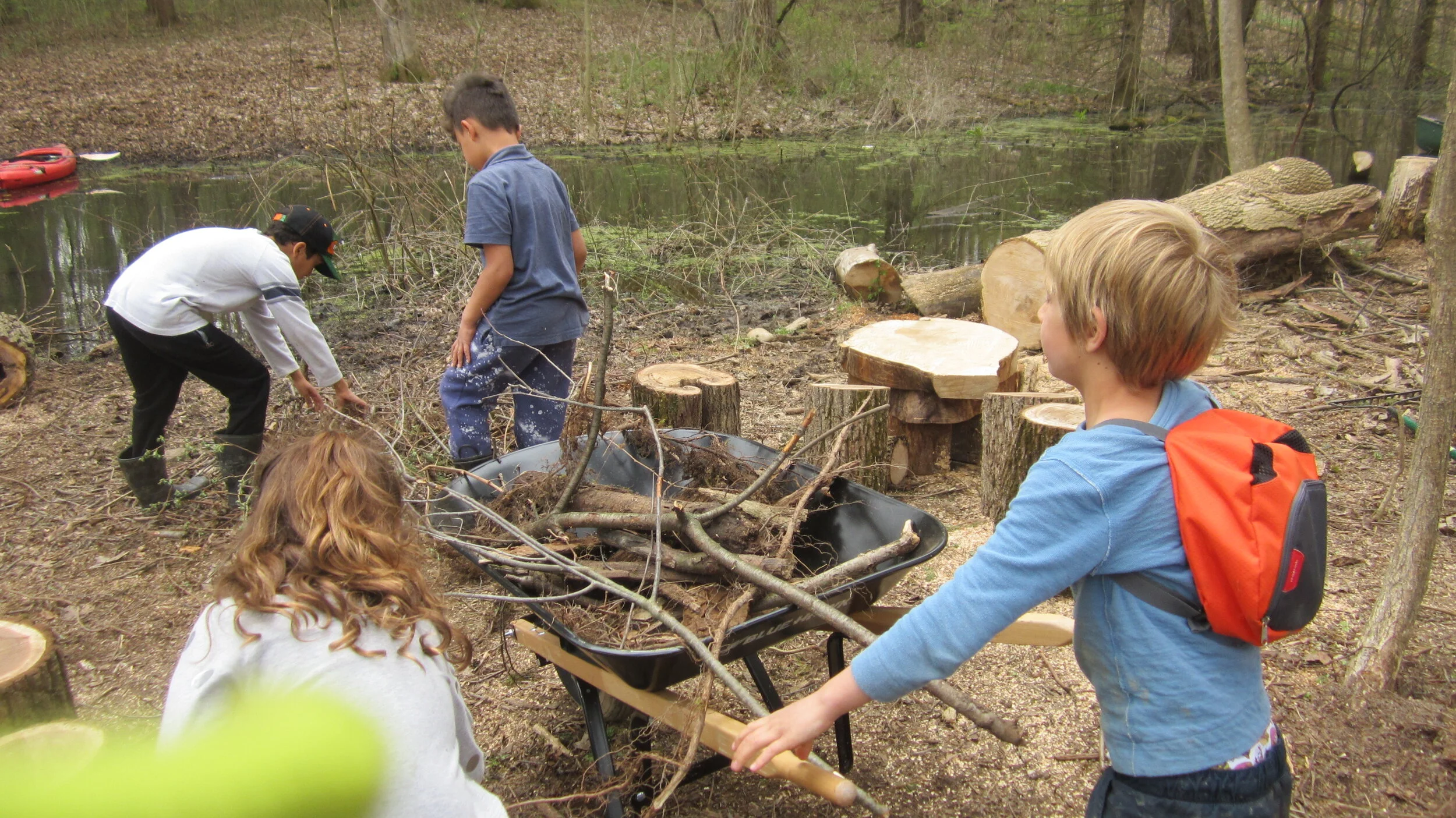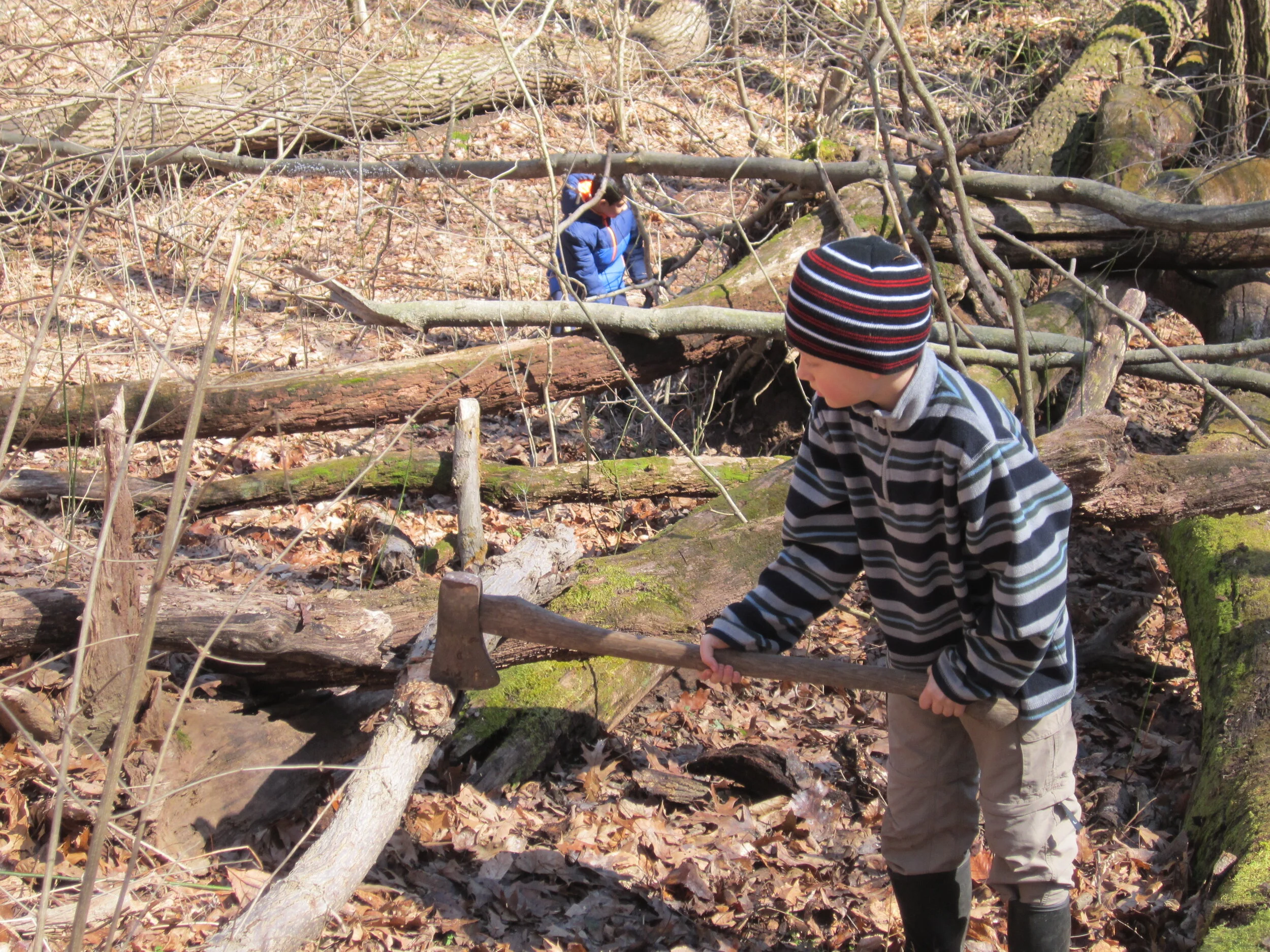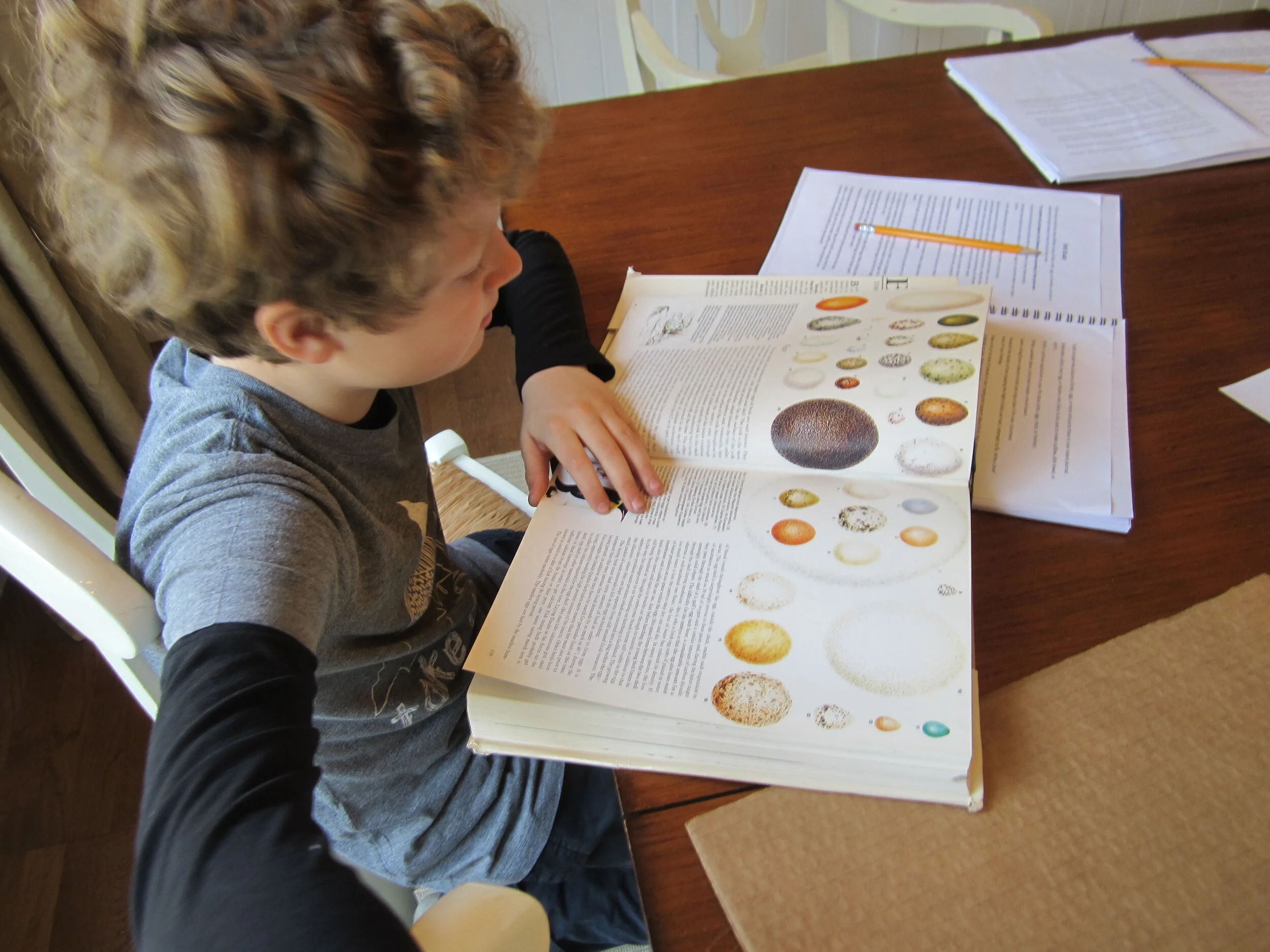

Balanced Life
A Balanced Life
In our quest to offer holistic learning, students are given a wide range of opportunities and activities to develop a balanced education. To do this, we do not overemphasize one aspect of the child over another aspect. Thus our programs include a balance of mental, physical, spiritual, and social activities to develop a balanced education and life.
No Technology.
This holistic philosophy is supported by a growing body of research regarding the harmful and damaging effects of technology on the human brain, especially for the child. Over-stimulation of the brain, caused by technology, television, movies, and computer games, destroys the ability of the child to really focus, reflect, and absorb the world around him/her, especially the natural world, and often creates disorders such as ADHD (which research has also shown can be corrected by regular time spent in nature). Based on our educational philosophy and current research, we do not engage in technology during school hours and discourage its use except for educational purposes and in limited quantities at home and under adult supervision. We want our students to come to school open and receptive to the wide range of opportunities we offer to them each day, and not be mentally preoccupied with the latest computer game, movie, or television program they watched the night before.
No Homework.
Another distinguishing aspect of our school is that in an effort to achieve balance of all aspects of the child, we do not overload our students with homework to work through after a full school day. Our daily academic program is sufficiently challenging and intensive without adding homework to the child’s daily schedule. Occasionally, older students may have a research project to work on at home, but we do not want our students to experience academic pressure or burnout during the elementary years as research has shown the negative effects of this emphasis. Therefore, it is our hope and expectation that parents will fill the time at home with their children with meaningful activities, chores, reading time, and family meals and times together to create a bond within the family unit that is so lacking or absent in our current fast-paced modern world.
“It would be a great aid in educational work could every school be so situated as to afford the pupils land for cultivation, and access to the fields and woods.”
- Education, p.211
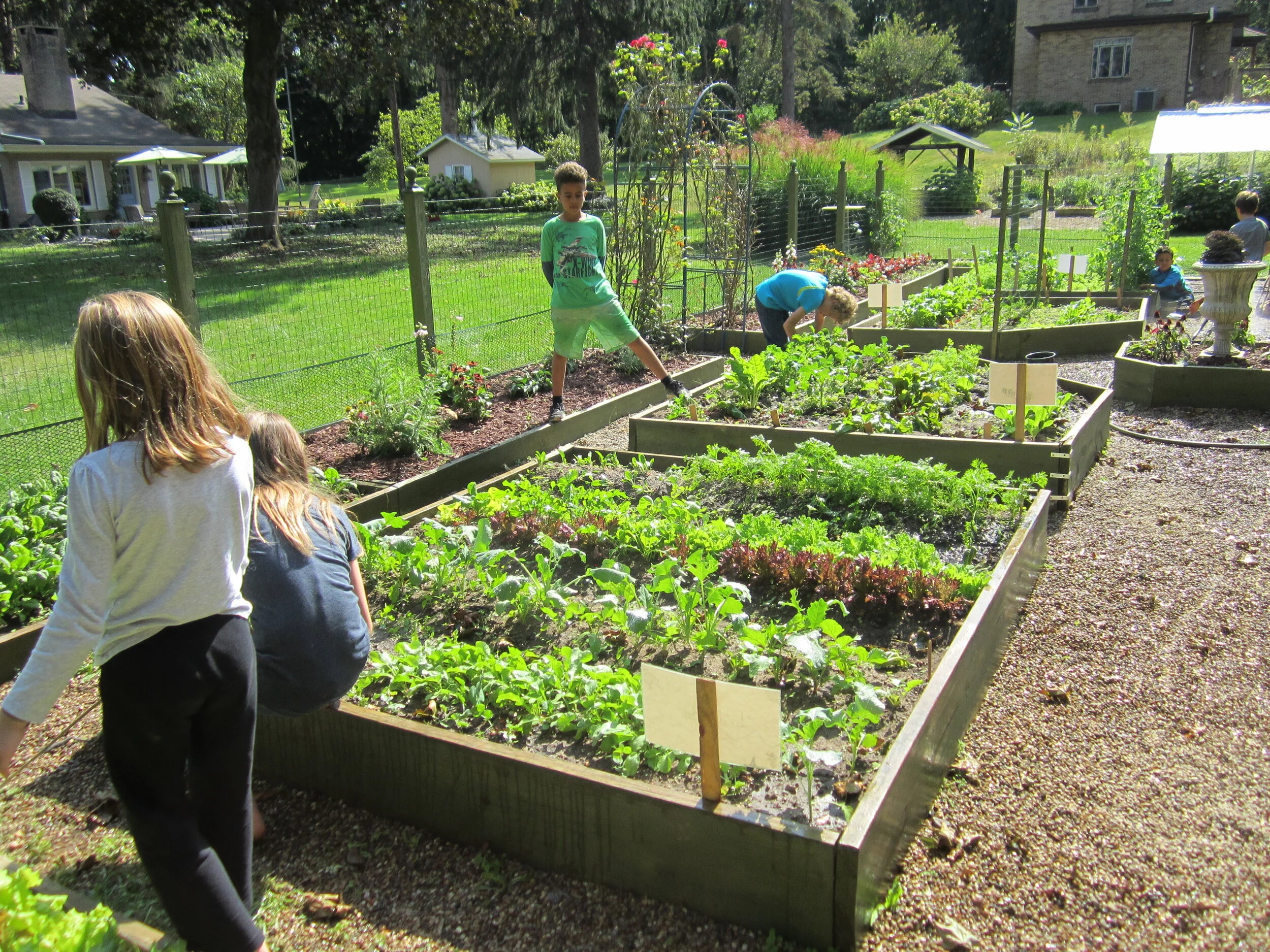
K-2 Program
Nature-based/Play-Based
Based on educational research, our K-2 program does not push academics at this stage of the child’s development. Studies show the importance of play and nature experiences as foundational to cognitive development and later academic performance. Based on educational research, our K-2 program allows children to explore the natural world and develop socialization—a key element of future success in life. It also allows them to experience childhood, including curiosity, experimentation, and wonder about the natural world, and does not place unnecessary pressure on the child during this crucial developmental stage. The children are free to run and play in the forest, build forts, play with water, discover forest creatures, and explore the natural world. Academics at this stage is largely hands-on, experiential learning.
Grades 3-8
Academics and nature
Our forest school curriculum for grades 3-8 includes both academics and nature. Academics includes reading, writing, literature, math, science/nature studies, history, social studies, and the arts accompanied with nature crafts for holistic learning of body, mind, and spirit. As a Christian school we also engage in studies of scripture and Bible journaling.
• Hands-on inquiry-based learning
• Learning outdoors
• Interdisciplinary learning
• Classes facilitated by professional educators
• Opportunities to work collaboratively to create, problem solve, support one another, dream of a better world
Nature Journals: Each student records nature observations in their journals with drawings, data collections, writing, personal reflections, and questions to research.
In our emphasis for a holistic education, part of the curriculum for all students involves engaging in practical life skills. This includes gardening, cooking, sewing, knitting, splitting and stacking wood, clearing an area of the forest, learning to make campfires, and working on Pathfinder honors. The students can also build forts or shelters in the woods, allowing them experience in hammering, sawing, and basic construction. The pond on the school property is also a popular site. Catching frogs is a really big deal! A canoe and kayaks are available for students to spend time on the water in the warmer seasons and to play on the ice, either ice skating or ice hockey in the winter. A ropes course is also popular with the students. In our school, students are taught to take appropriate risks for their age, to properly use tools, and safety precautions. This basic philosophy of forest school in allowing children more independence and the opportunity to learn new things gives children more confidence, resilience, and willingness to tackle new and sometimes difficult things as they grow up.
Our school hours
Monday through Thursday from 8:30-2:30 p.m. and Friday from 8:30 to noon.

